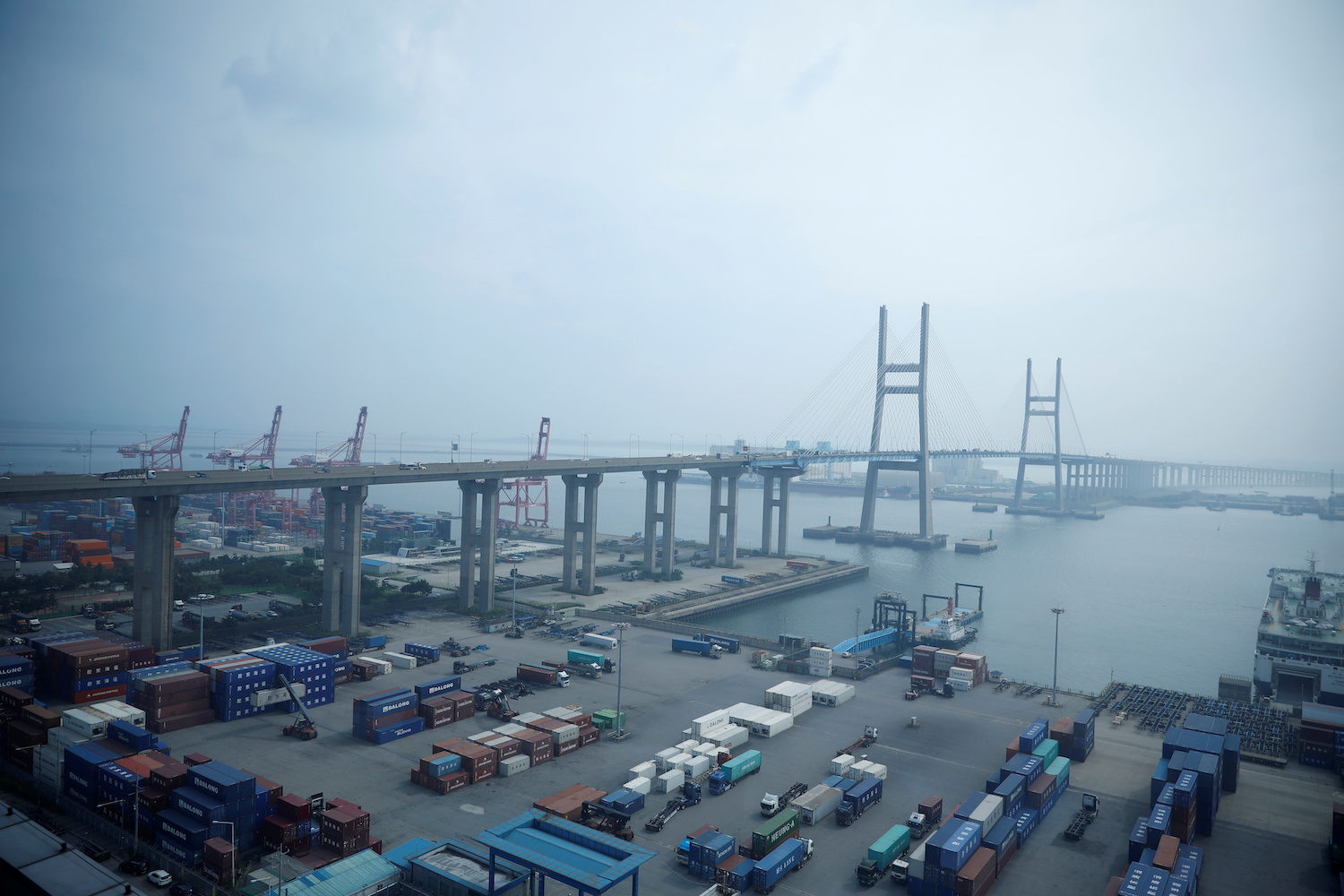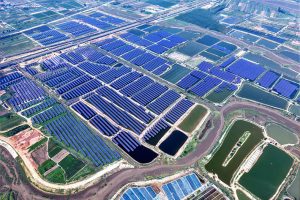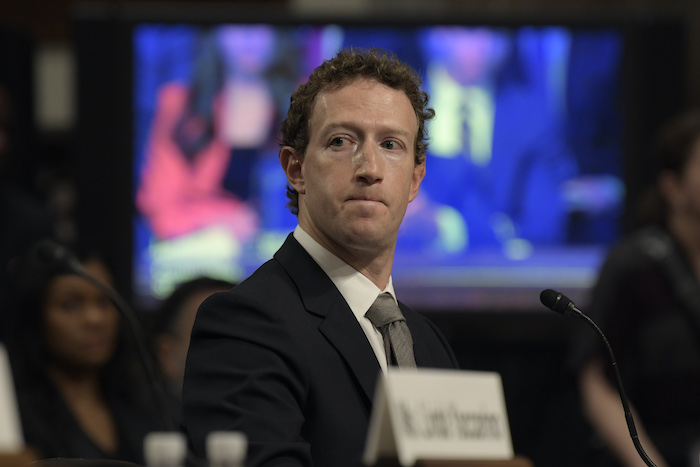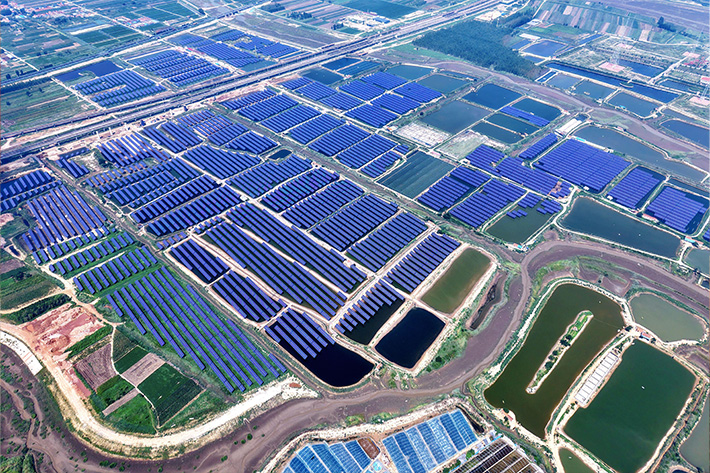South Korea’s left-leaning government unveiled plans on Tuesday to increase spending aggressively for the next few years, to safeguard jobs and boost welfare for an economy hit by the coronavirus, taking public finances further into the red.
The finance ministry said total spending will increase 8.5% to record 555.8 trillion won ($468.30 billion) next year, while expected revenue is seen increasing a mere 0.3% to 483 trillion won, as businesses and income earners are hurt by the pandemic.
That will take South Korea’s public finances further into deficit, raising its debt-to-GDP ratio by 6.9 percentage points to a record 46.7% in 2021.
The government projects fiscal spending to increase by 5.7% per year between 2020 and 2024, taking the debt level to 54.6% of the economy by 2023. Last year it predicted a level of 46.4% for 2023.
“Even if debt and fiscal deficit increase a bit it looks more appropriate to boost spending to make sure fiscal (policy) does its part,” finance minister Hong Nam-ki said in a briefing.
He said it would be difficult to avoid a full-year economic contraction for 2020 if the rate of coronavirus infection continues to rise.
Analysts say Asia’s fourth largest economy needs fiscal policies to play a bigger role to lift activity and safeguard jobs at a time when unemployment is spiking and exports are seen falling for a sixth month in a row.
Having pledged to spend more than 277 trillion won of stimulus to fight the pandemic this year, President Moon Jae-in’s government is trying to navigate the economy through a renewed spike in coronavirus cases threatening to prolong recession into a third quarter.
To aid an economy hammered by a slump in exports and the retail sector, it plans to boost spending on welfare and jobs by 10.7%, and allocate 11.9% more on social infrastructure projects.
The government plans to sell a record 172.9 trillion won of bonds in 2021, compared with 167 trillion won for this year, including the issuance in a third supplementary budget. Of the total next year, 89.7 trillion won will be for deficit-covering bonds.
Manufacturing slows
South Korea’s manufacturing activity shrank at the slowest pace in six months in August as global demand gradually improved after the easing of coronavirus lockdowns, but a resurgence in domestic infections could threaten the recovery.
The IHS Markit purchasing managers’ index (PMI) rose to 48.5 in August from 46.9 in July, the highest reading since February, but still below the 50-mark threshold that separates growth from contraction for an eighth straight month.
“August data provides another signal that a turning point has been reached for the South Korea manufacturing sector … (the reading) pointed to only a modest deterioration in overall business conditions,” said Tim Moore, director at IHS Markit.
More modest declines in key survey sub-indexes such as output, new orders and export orders were reflected in the headline figure. Job shedding also moderated.
The new export orders’ index rose to a seven-month high, with anecdotal evidence highlighting sales to North America returning to growth.
“Subdued global economic conditions due to the Covid-19 pandemic continued to hold back customer spending in August, but there were a number of reports citing a boost to demand from the return to work among clients in the US and Europe,” Moore said.
Meanwhile, a gauge of corporate expectations for manufacturing output over the next 12 months climbed into positive territory for the first time in six months. However, the findings did not fully reflect a recent resurgence in domestic coronavirus infections in mid- to late-August. The country has seen triple-digit daily jumps for over two weeks.
On Friday, the government extended the current Phase 2 social distancing measures for at least another week, as it reviews deploying the toughest Phase 3, where schools and businesses are urged to close.
That could widen the business fallout from the pandemic, which already pushed Asia’s fourth-largest economy into recession in the second quarter.
The Bank of Korea currently sees the economy contracting 1.3% this year.
($1 = 1,186.8400 won)
(Reporting by Cynthia Kim and Joori Roh; Editing by Peter Graff and Kim Coghill).
























